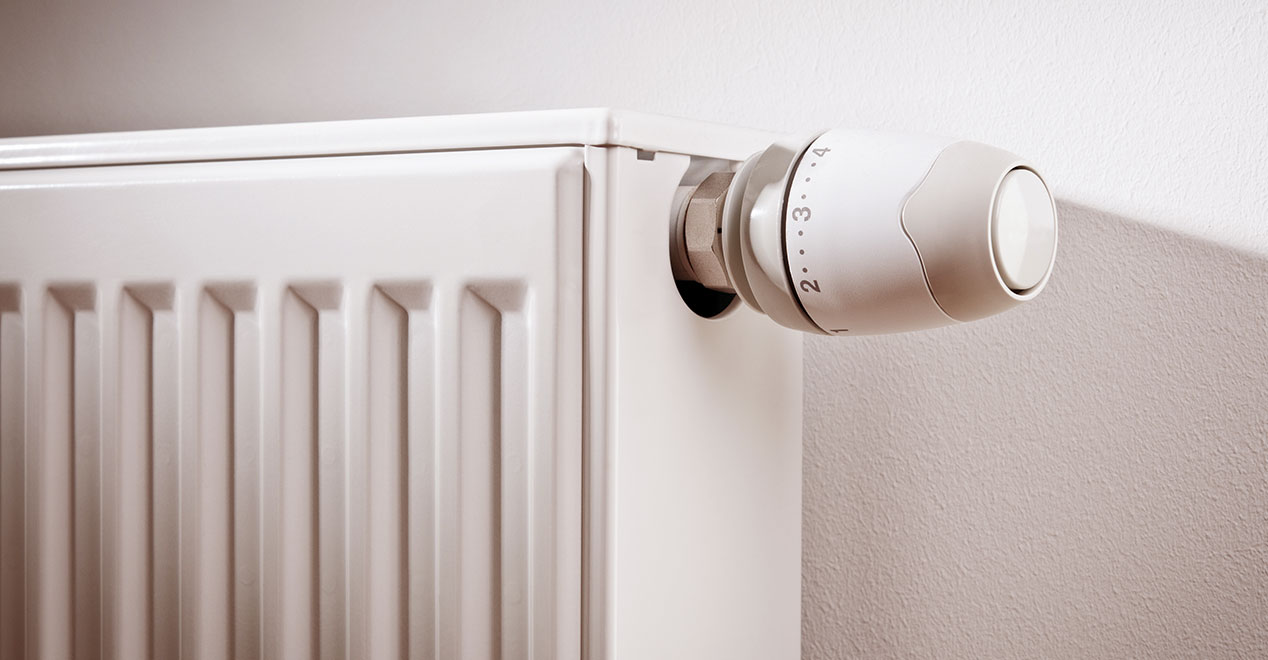As temperatures drop, ensuring effective and cost-efficient heating becomes paramount. With various options available, choosing the right heating system can significantly impact both comfort and utility bills. In this article, we'll explore different types of home heating, focusing on their effectiveness, cost savings, and practical tips to optimize your heating system's efficiency.
Understanding Different Home Heating Systems
-
Furnaces: Furnaces are common heating systems that use either gas or electricity to generate heat. They distribute warmth through ducts and vents, offering quick and consistent heating. Gas furnaces are energy-efficient but require proper maintenance for safety and optimal performance. Electric furnaces are easier to install but might lead to higher electricity bills.
-
Boilers: Boilers utilize water or steam to radiate heat through radiators, baseboard heaters, or in-floor heating systems. They can be powered by various sources like gas, oil, or electricity. Boilers are known for their efficiency and durability, often providing consistent warmth throughout the house.
-
Heat Pumps: Heat pumps operate by transferring heat from one place to another, either extracting warmth from the air (air-source) or the ground (ground-source). They work efficiently in moderate climates and can also provide cooling during warmer months. Although they might have higher upfront costs, they can result in significant long-term savings on energy bills.
-
Radiant Heating: This system involves heating panels installed beneath the floor, in walls, or ceilings to radiate heat, providing a comfortable and even distribution of warmth. Radiant heating systems can be powered by electricity, hot water, or hydronic heating.
-
Ductless Mini-Split Systems: These systems consist of an outdoor compressor unit connected to indoor air-handling units. They offer zoned heating, allowing different temperatures in various rooms, enhancing energy efficiency. Additionally, they are easy to install and operate quietly.
Cost-Effectiveness and Efficiency
Determining the most cost-effective heating system involves considering several factors:
- Initial Cost: Some systems have higher upfront costs but might offer long-term savings through energy efficiency.
- Energy Efficiency: Look for systems with high energy efficiency ratings (SEER for heat pumps, AFUE for furnaces and boilers) to gauge their effectiveness.
- Operational Costs: Consider the ongoing operational expenses, such as fuel or electricity costs, to estimate the long-term investment.
Tips for Optimizing Home Heating Efficiency
- Regular Maintenance: Schedule annual maintenance to ensure your heating system operates efficiently.
- Programmable Thermostats: Install programmable thermostats to regulate temperatures and reduce energy usage when not needed.
- Proper Insulation: Adequate insulation in walls, attics, and floors prevents heat loss, reducing the workload on your heating system.
- Air Sealing: Seal air leaks around doors, windows, and ductwork to prevent heat loss and improve energy efficiency.
- Energy-Efficient Upgrades: Consider upgrading to ENERGY STAR-rated heating systems for improved efficiency and potential cost savings.
Choosing the right home heating system involves considering various factors like cost, efficiency, and maintenance. Each type has its advantages, and understanding your home's specific requirements will help in making an informed decision. Implementing energy-saving tips and regular maintenance can significantly enhance the performance of your heating system, ensuring a cozy and cost-effective home throughout the colder months.
Whether you opt for a furnace, boiler, heat pump, radiant heating, or ductless mini-split, prioritizing efficiency and proper maintenance will lead to a comfortable and economical home heating experience.
Stay warm and energy-conscious this winter!
